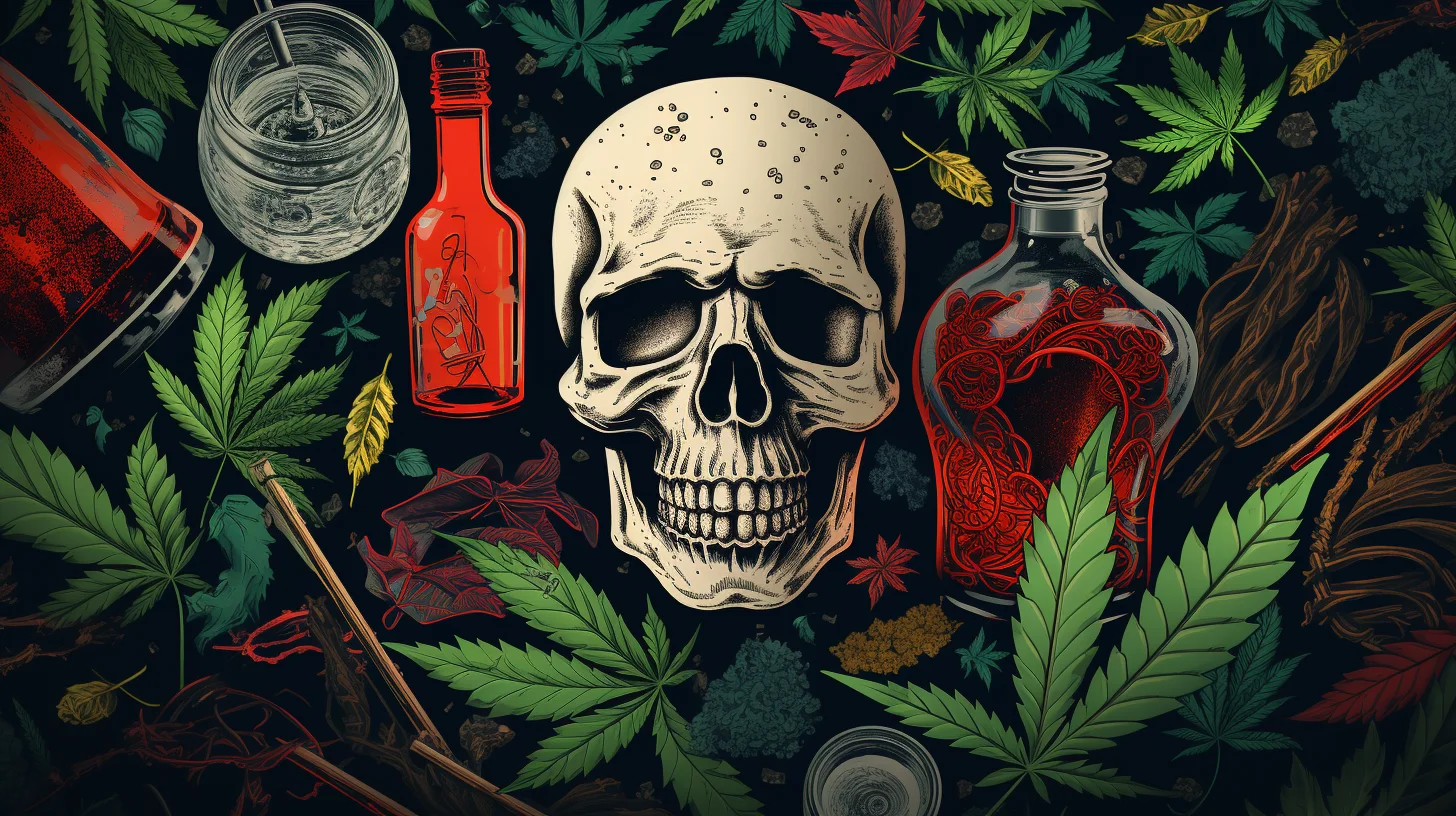Today (12th October 2023) at the Ministry of Public Health (MOPH), Mr. Prasit Chai Nunual, the Secretary-General of the Thai Cannabis Future Network, along with representatives, submitted a letter to Dr. Cholnanan Srikaew, the Minister of Public Health. The letter addressed the need for clear cannabis regulations based on comprehensive data. After receiving the letter, a private discussion took place between the parties.
Dr. Cholnanan stated that the Cannabis Future Network presented data to the MOPH highlighting the medical and health benefits of cannabis, which they do not oppose. They proposed two main points:
- Clarification on whether cannabis is considered a narcotic.
- Once its status is clear, guidelines on how to control or oversee the beneficial use of cannabis should be defined.
When asked about the possibility of classifying certain parts of the cannabis plant as narcotics, Dr. Cholnanan clarified that cannabis would be considered a narcotic only if it contains THC levels exceeding 0.2%. Currently, the plant’s roots, flowers, and leaves are not classified as such. The decision to classify other parts as narcotics is still under consideration, taking into account health, societal, and legal aspects.
Dr. Cholnanan emphasized that there is no proposal to classify the flower buds as narcotics. The draft law is nearing completion, and once finalized, all relevant parties will be invited to provide feedback before the law is proposed.
The Thai Cannabis Future Network’s letter highlighted two main concerns:
- The portrayal of cannabis has been one-sided, emphasizing its dangers, especially by a significant number of modern medical professionals with biases against cannabis. This singular perspective amplifies fears and deviates from the actual facts.
- The current MOPH is continuing this trend by basing cannabis regulations on these one-sided facts, potentially leading to mismanagement and overlooking the plant’s benefits.
The network demands that the MOPH establishes a committee to gather comprehensive data on cannabis, comparing it to alcohol, tobacco, and coffee. This comparison will help the public understand cannabis better, considering these substances have been familiar to the public for a long time. The network believes that cannabis cultivation should be a fundamental right of the people under appropriate control mechanisms.
